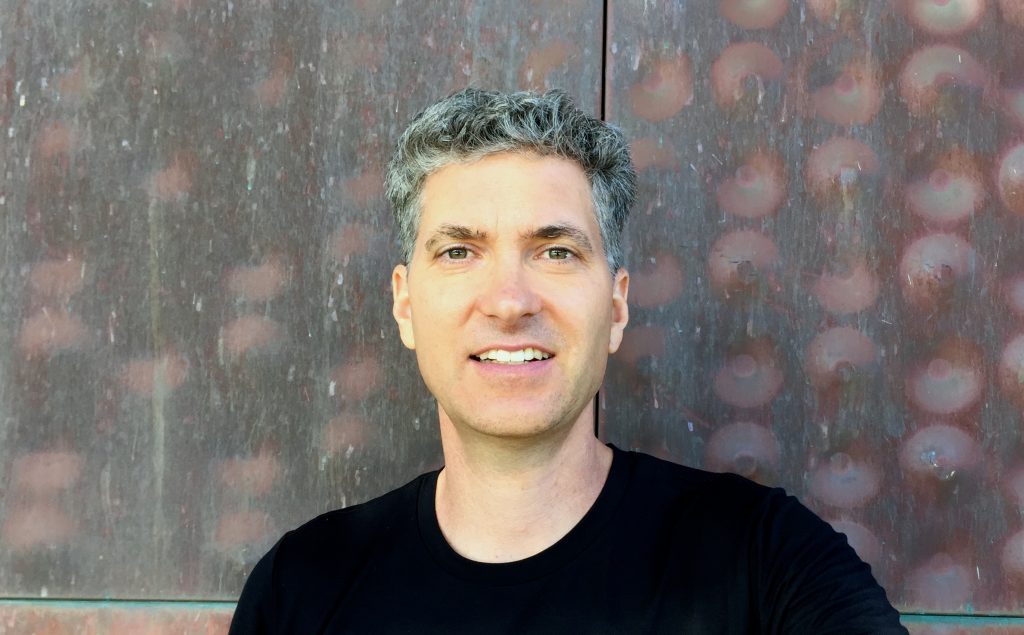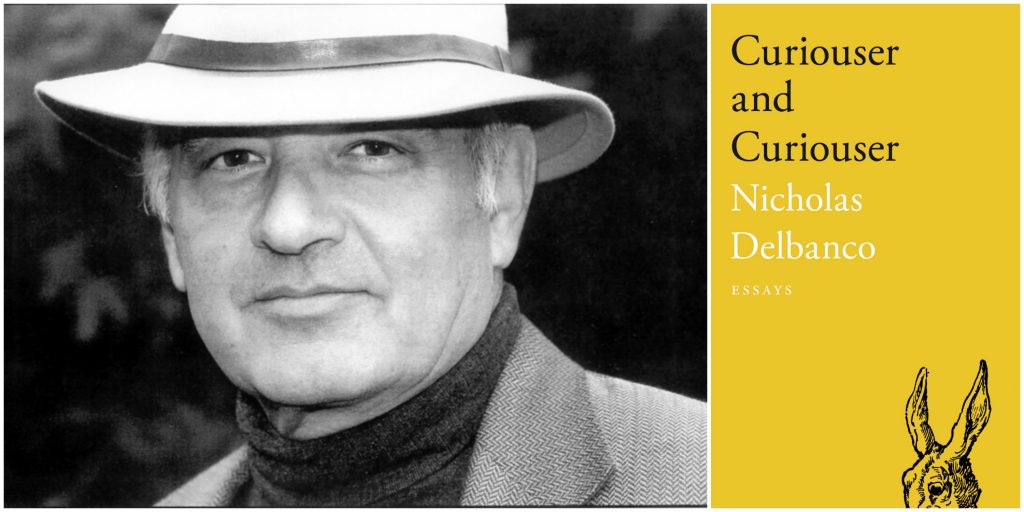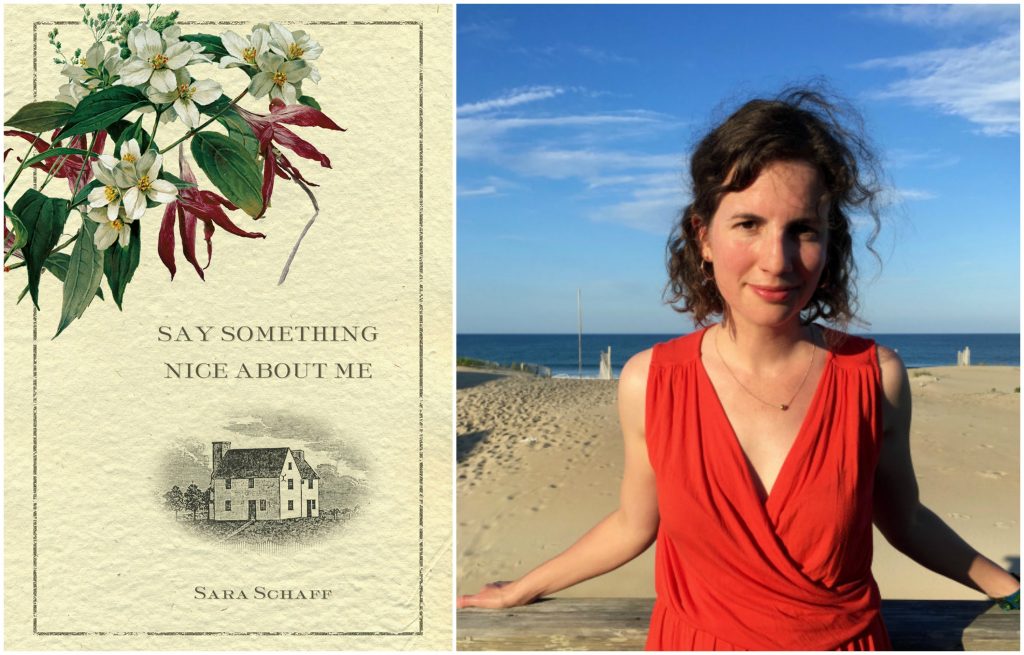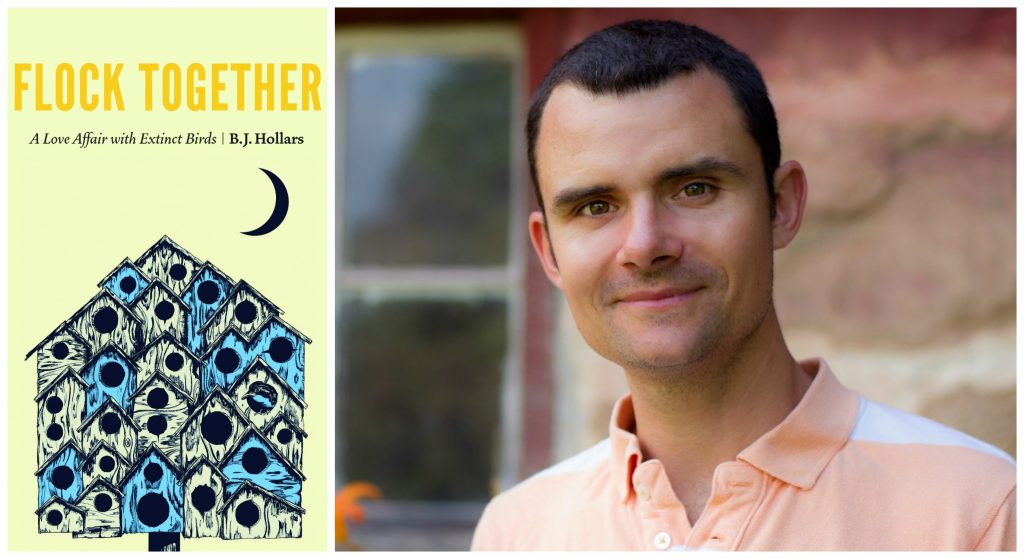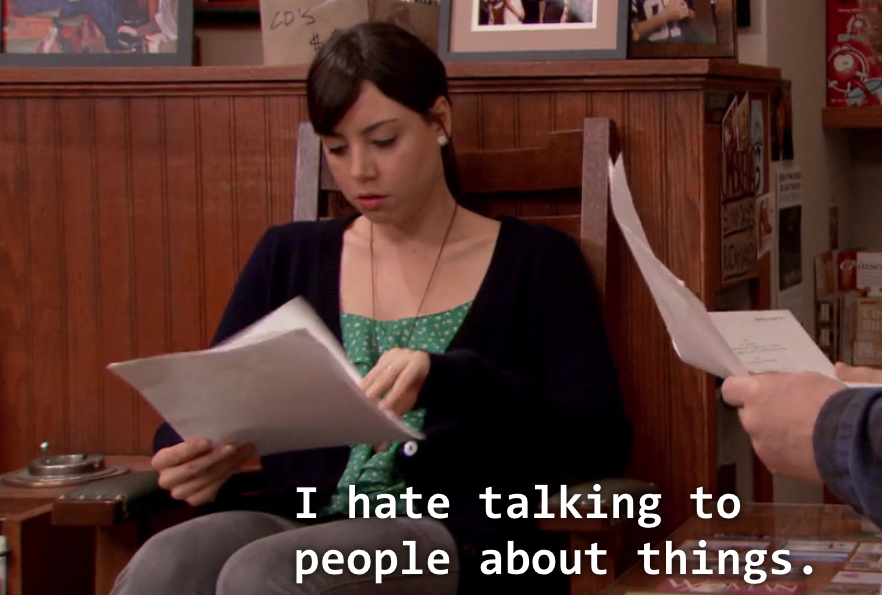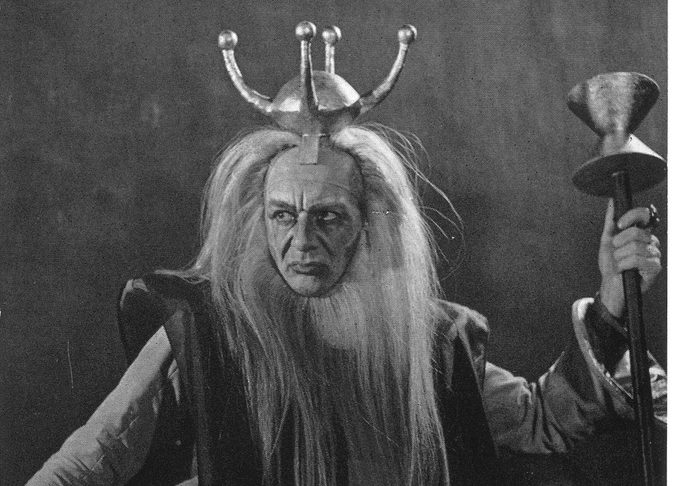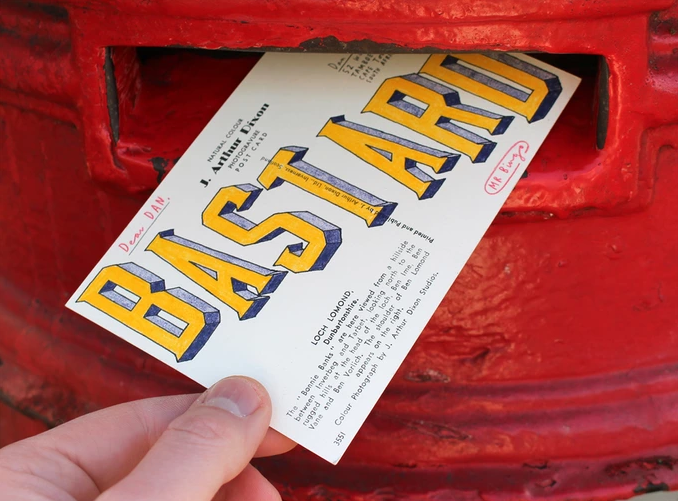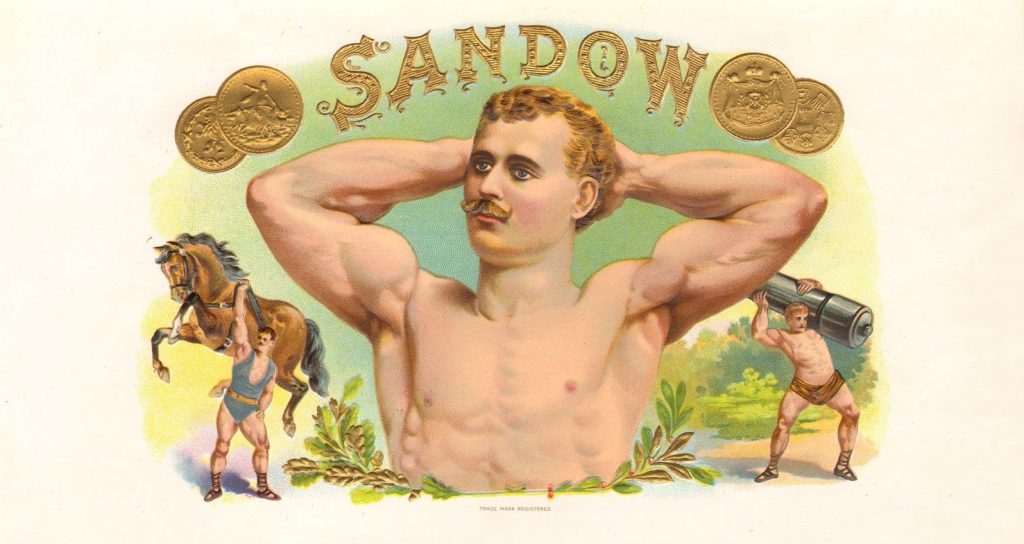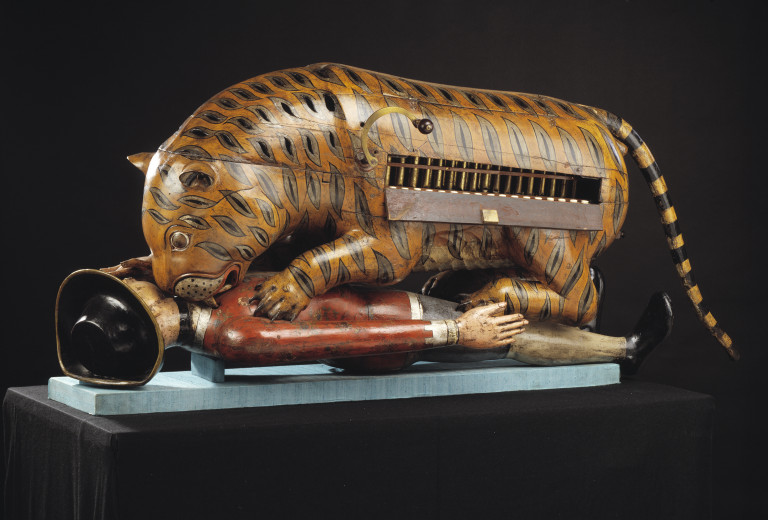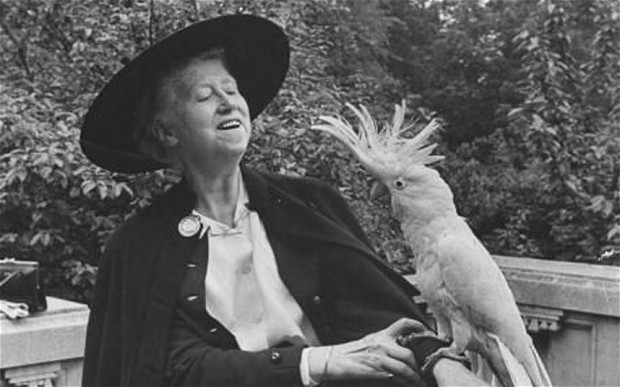Excerpts and curios from around the web:
The enduring art of literary hate mail, Shakespeare as a springboard for spanking, some thoughts on why giving up writing might not be wrong, and Lydia Davis on why we should read translated works. Plus: Vinson Cunningham on what qualities make an essay uniquely American: “As much as one might wish to lay claim to the sensibility of, say, Montaigne—the ruminative philosopher’s ideal, the notion of the essay as neutral attempt—most of us Americans are Emersons: artful sermonizers, pathological point-makers, turntablists spinning the hits with future mischief in mind.”

